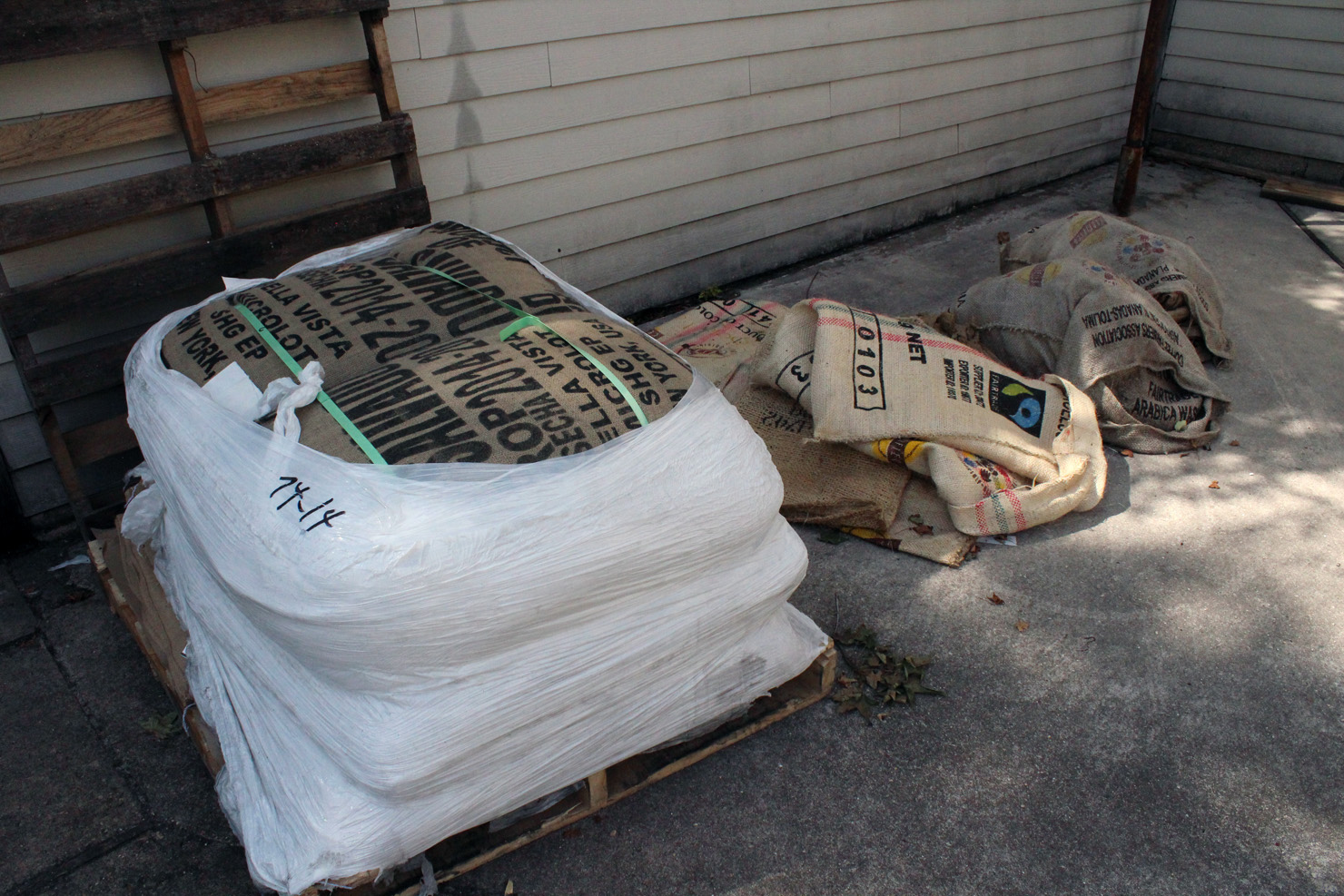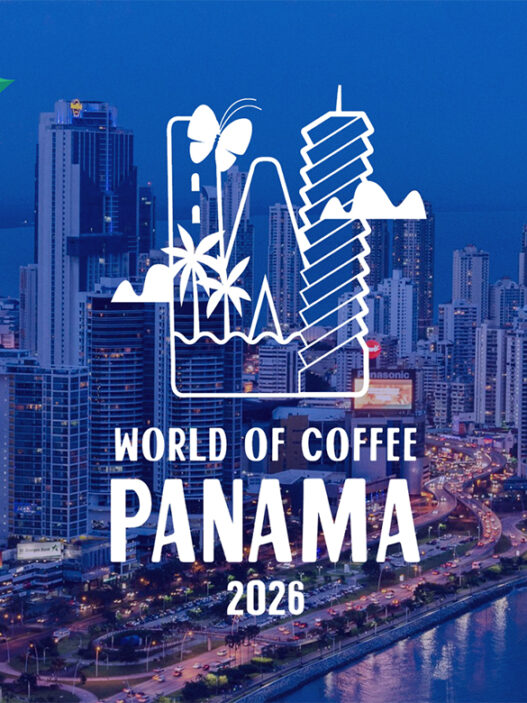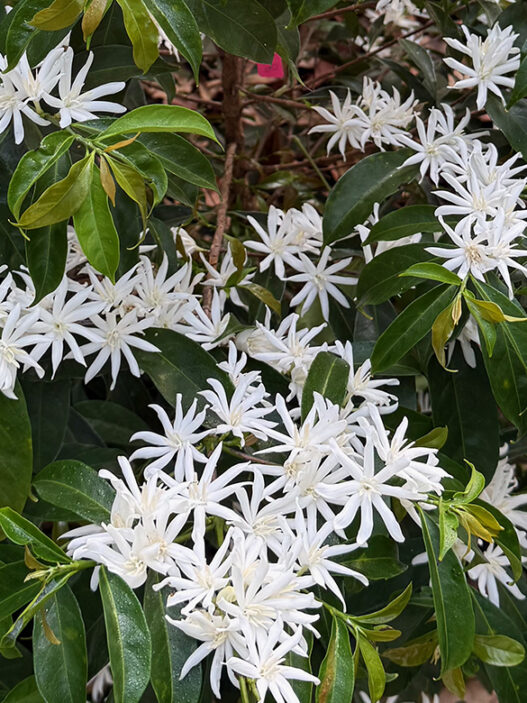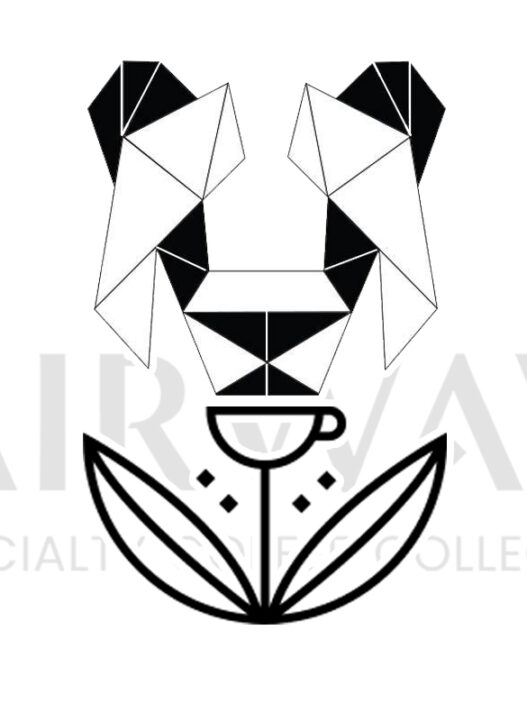There is no greater cause of angst and uncertainty in the world of coffee right now than tariffs, which is really saying something! This is in part because the status of the tariffs themselves remains uncertain; in the last two weeks the US government has threatened global tariffs, instituted global tariffs, rescinded certain tariffs only to go back on that plan, instituted a temporary flat tariff edict, and then increased tariffs on certain countries again. Whether or not there will be added taxes on imported goods is an open question day to day. It is essentially one great game of Calvinball with the global economy and this feels…not great!
As the United States happens to be the world’s largest consumer and importer of coffee, the tariffs (or threat thereof) have added chaos to the supply chain. To the point that last month, National Coffee Association President and CEO Bill Murray officially requested that coffee be exempt from the tariff fight (which is something he had to do during another trade war in Trump’s first term). So what is the status of the tariffs now and what is their potential impact? We asked individuals across the US coffee industry to get a better understanding of the state of play.
As of April 9th, the global tariffs have been put on a 90-day pause, with most all countries facing a flat 10% tariff. Per a list compiled by the Guardian, every coffee producing country is part of the 10% tariff, and as of now, there is no exemption for coffee. The stay is particularly impactful for robusta coffee, where major producing countries like Vietnam, Indonesia, and India all had tariffs levied in excess of the 10% rate, at 46%, 32%, and 26%, respectively.
When reached for comment on the current status of the tariffs NCA CEO Bill Murray tells Sprudge, “Every dollar of coffee-related imports generates $43 in value for the American economy, and coffee supports 2.2 million U.S. jobs, all while being America’s favorite beverage.” He continues, “Since coffee beans cannot be grown in most of the United States, trade policies should take into account the essential role of coffee trade in Americans’ daily lives and in the U.S. economy, to ensure that Americans don’t face even higher coffee prices amid the current cost of living crisis.”
Even still, the threat of impending tariffs is shaking the industry, and the downstream effect is that ultimately, the customers are the ones who will be footing the bill. Cafe Imports COO and Partner Noah Namowicz states, “We pay the tariffs to Customs and Border Protection as the containers of coffee clear into the United States. That increase in cost of goods will have to be passed on to the roaster and then ultimately the average consumer.”
For roasters, like San Francisco’s Wrecking Ball Coffee, the tariffs are exacerbating an already bad situation. Owner Trish Rothgeb states the impact is beyond green coffee. “The tariffs have the potential to really mess things up for me and others like me—small, boutique coffee brands. Any roaster needs to first consider importers and producers and hope that we’ve done the work necessary for the stress test our relationships are about to undergo. But retailers also have to consider the source for our consumables like cups and packaging. A lot of us enjoy low price points on several imported items that sustain our businesses. Considering all of it at the same time will be a monumental challenge for both small and large-scale coffee businesses.”
It’s a sentiment shared by Cultivar Coffee‘s owner and co-founder Jonathan Meadows. We have also seen an increase in our packaging that is printed in Taiwan,” Meadows states. He tells Sprudge that the Dallas-based roaster already raised wholesale prices by $1.00 earlier this year due to shortages caused by climate change, and the threat of tariffs may lead to a second increase.
And it’s more than just a simple price hike for the end user. Along with the commodities market volatility, tariffs are levying a new level of operational disruption for producers. “There is a lot of uncertainty with coffee growers. In this already elevated C market and growers trying to figure out how to price their coffees, the imposition of tariffs just creates more uncertainty for them,” Namowicz tells Sprudge. “Can roasters still buy their coffee with a landed cost 40-50 cents more expensive than it was before? Both roasters and growers are all figuring out what prices their respective markets can bear. We are in constant communication with our long-term origin partners discussing short and long term plans to continue to support both them and our customers.”
Meadows agrees. “This situation is maddening. I feel like I am in a holding pattern, hoarding all of the cash that I can with no confidence to spend on growing my business. In my 15 years in business, I have never felt this way. At least the government helped small businesses during the pandemic.”
But for Meadows and Cultivar, who sources primarily through direct trade, cost cutting on green coffee isn’t a consideration. “We’re continuing our commitment to our direct trade relationships, and roasting high quality coffee. I don’t believe that now is the time to pivot to sourcing lower scoring coffee. If we are going to ask our customers to pay more, they need to continue to taste the same quality if not even a higher quality than what they are used to.”
Likewise, Rothgeb and Wrecking Ball have no plans on changing sourcing strategies. “I’m determined that tariffs won’t impact my purchasing choices when it comes to green coffee, but I’m not looking forward to the limited choices on all the other stuff.”
Which ultimately leads back to the need for an exemption, one that Namowicz and Cafe Imports hopes to see. “We fully support efforts to make an exception for coffee in these tariffs and continue to support small-holder farmers and quality focused roasters across the planet. We hope all of our trade associations follow suit with the NCA to use their lobbying channels and dollars to help push this effort forward.”
As of this reporting, the Specialty Coffee Association has yet to release an official statement about the tariffs. A Change.org petition has been created to urge the SCA to lobby for a tariff exemption on coffee.
The situation is unfolding is real-time, and given the trajectory thus far, it’s far from certain that the reprieve will make it the full 90 days. And even if it does, the original tariff rates are scheduled to go back into effect. What comes after that remains to be seen.
Zac Cadwalader is the managing editor at Sprudge Media Network and a staff writer based in Dallas. Read more Zac Cadwalader on Sprudge.



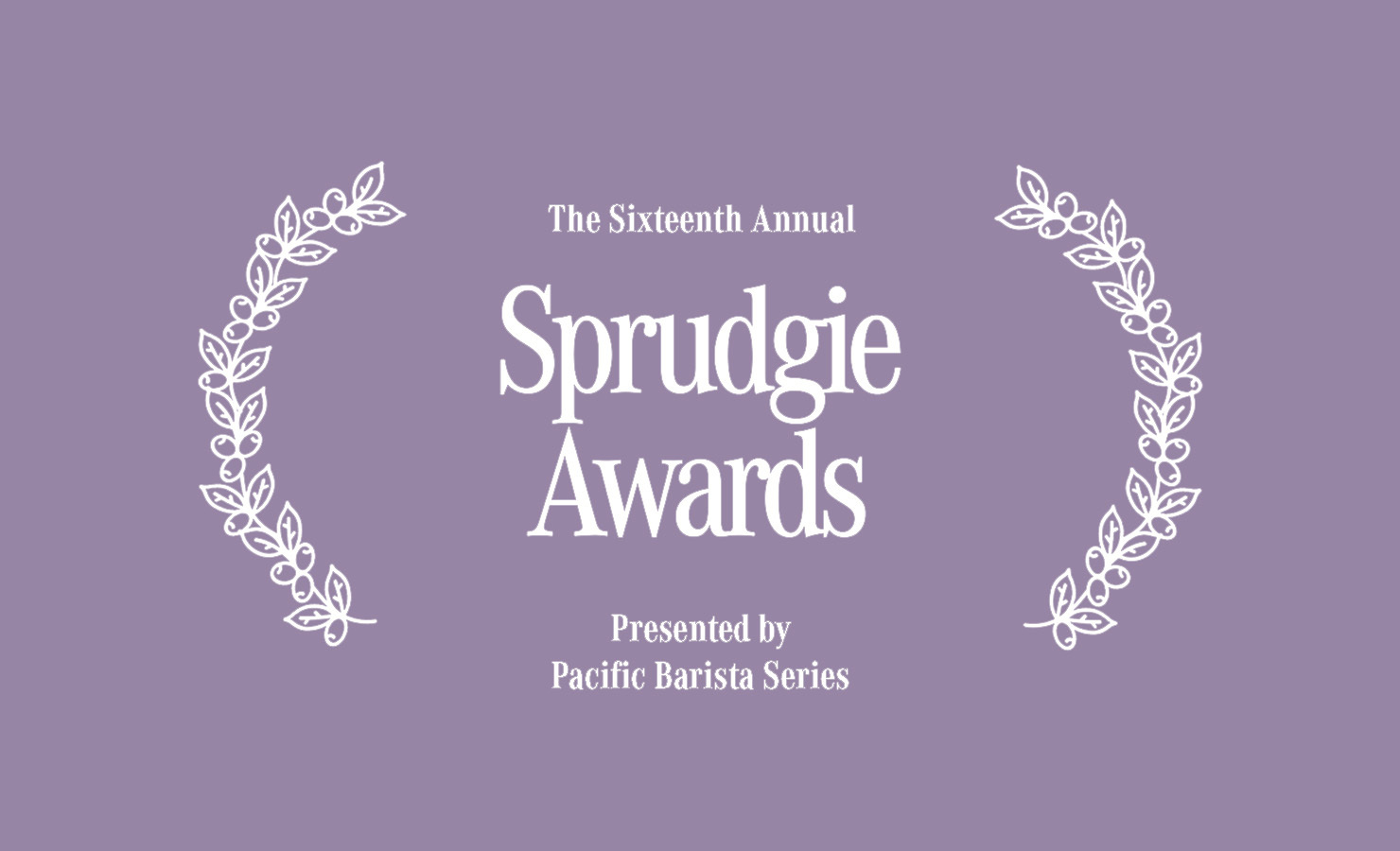






 Submit a Press Release
Submit a Press Release